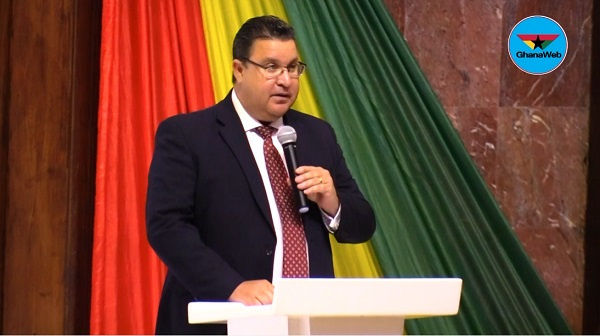The World Bank Country Director, Pierre Laporte, has disclosed the impact of galloping inflation in 2022 on general living standards especially among the vulnerable segments of society.
He stated that the number of Ghanaians living in extreme poverty had increased since last year with more than a fourth of the population presently living on GH¢24 daily, which comes up to less than two dollars.
Ghana’s recent inflationary spike had hit purchasing power of affected households expecially because their incomes had not increased in commensurate terms with inflation.
“It is expected that the current economic woes the country has endured may have pushed many more Ghanaians into poverty, and food insecurity worsened by the last quarter of 2022 when inflation was at its peak,” Mr Laporte said on October 18 at a ceremony to mark End Poverty Day at the World Bank Office in Accra.
The programme was under the theme: “Delivering growth to people through better jobs in Ghana”.
The way forward
On how the government can record a recovery in the current state of affairs, he called for structural reforms to bolster efforts at long-term growth prospects and economic consolidation.
“Bolstering long-term growth prospects will require policies that support investment and human capital development, as well as buttressing resilience and crisis preparedness, especially in agriculture and food systems,” he said.
“Well targeted investments,” he submitted could create better jobs, reduce income inequality and boost productivity.
“Jobs and employment are the surest way to reduce poverty and inequality. Impact is further multiplied in communities and across generations if we purposefully empower women and girls, and young people,” he stressed.
The World Bank, he said, was evolving its vision and mission in response to a succession of global crises that had upended development progress.
“The World Bank is transforming through the urgency of a new playbook which focuses on enhancing and modernising our financing capacity, delivery model and efficiency of delivery, among others, to drive inclusive development that does not come at the cost of the vulnerable on the planet, leading to better quality of life and jobs for people,” he said.
Source: ghanaweb.com




